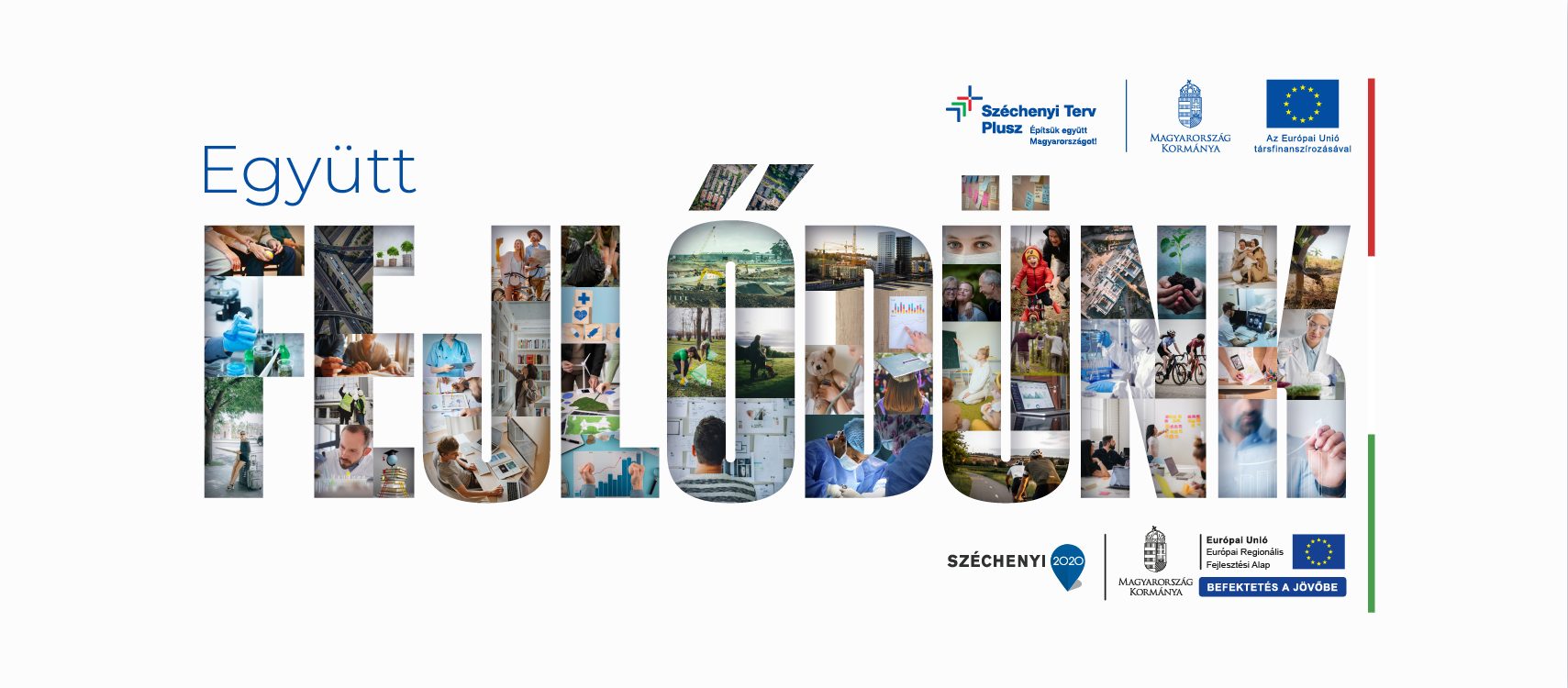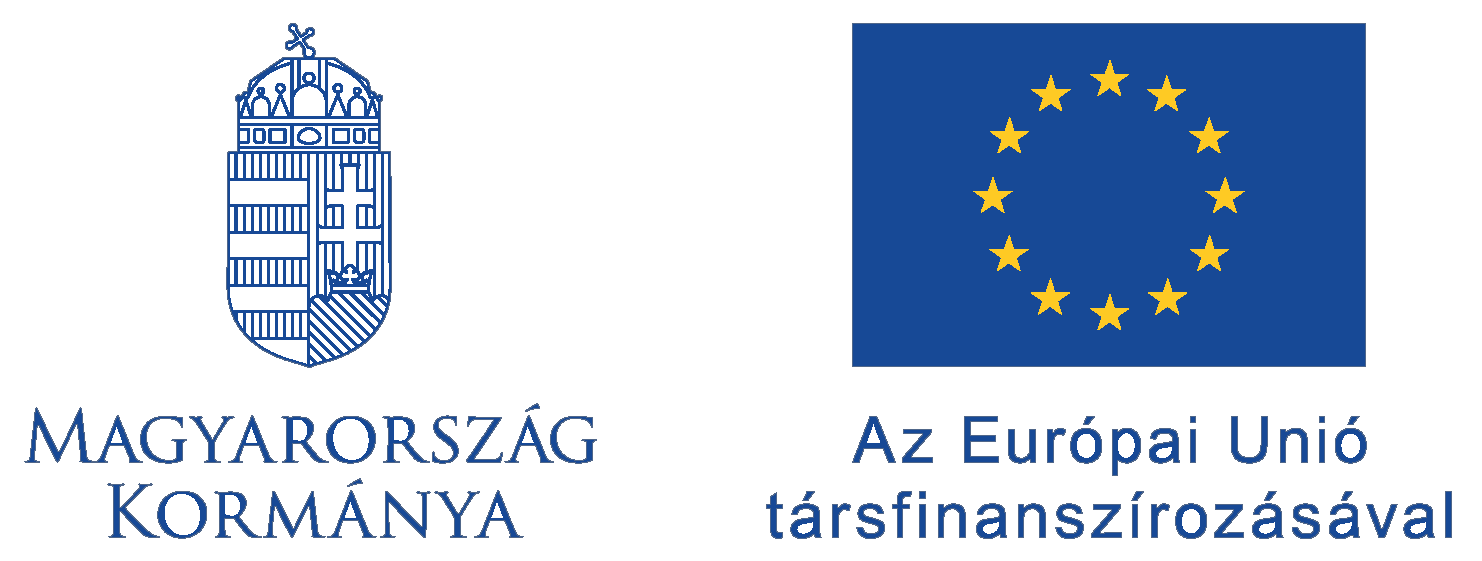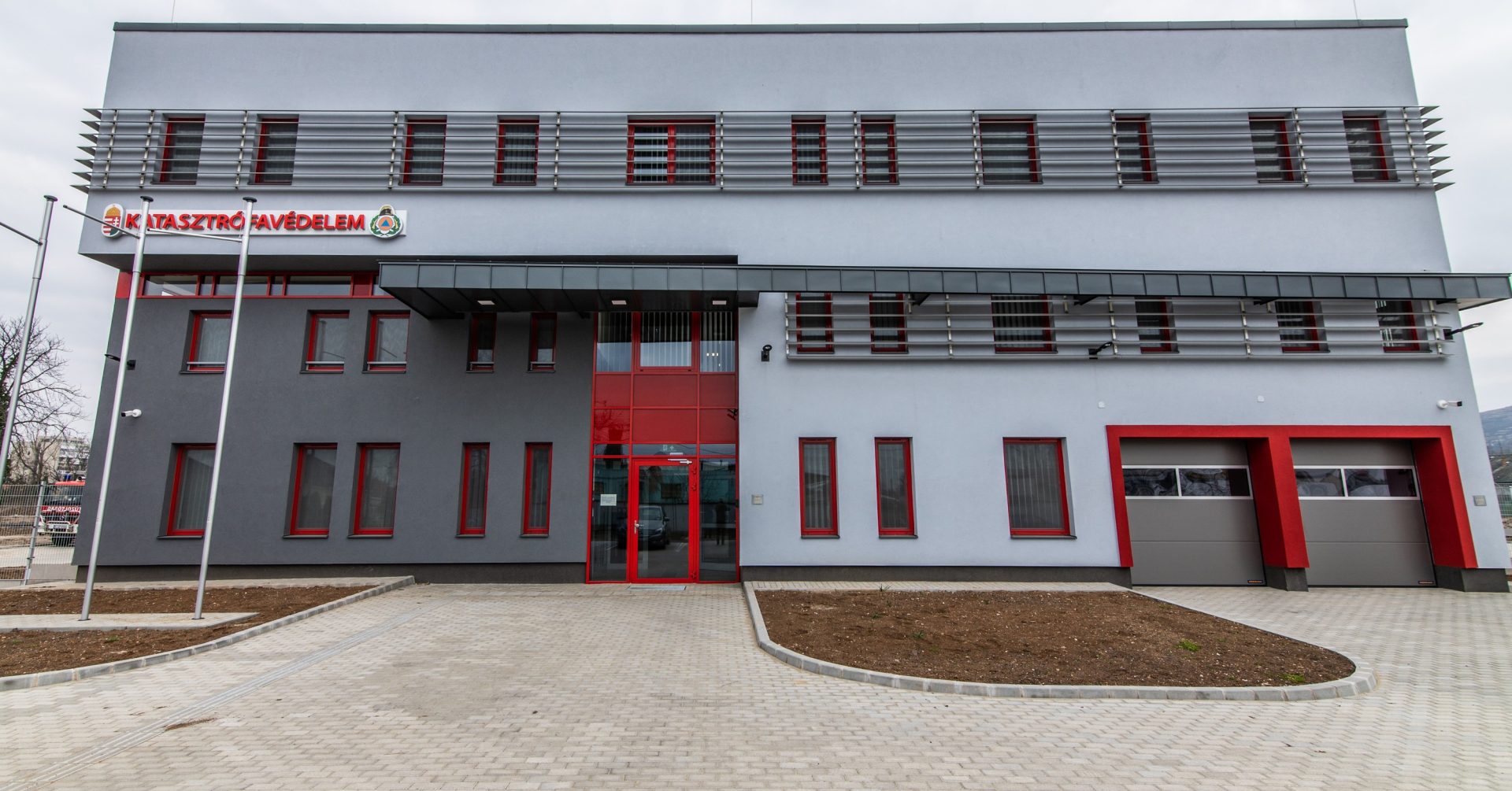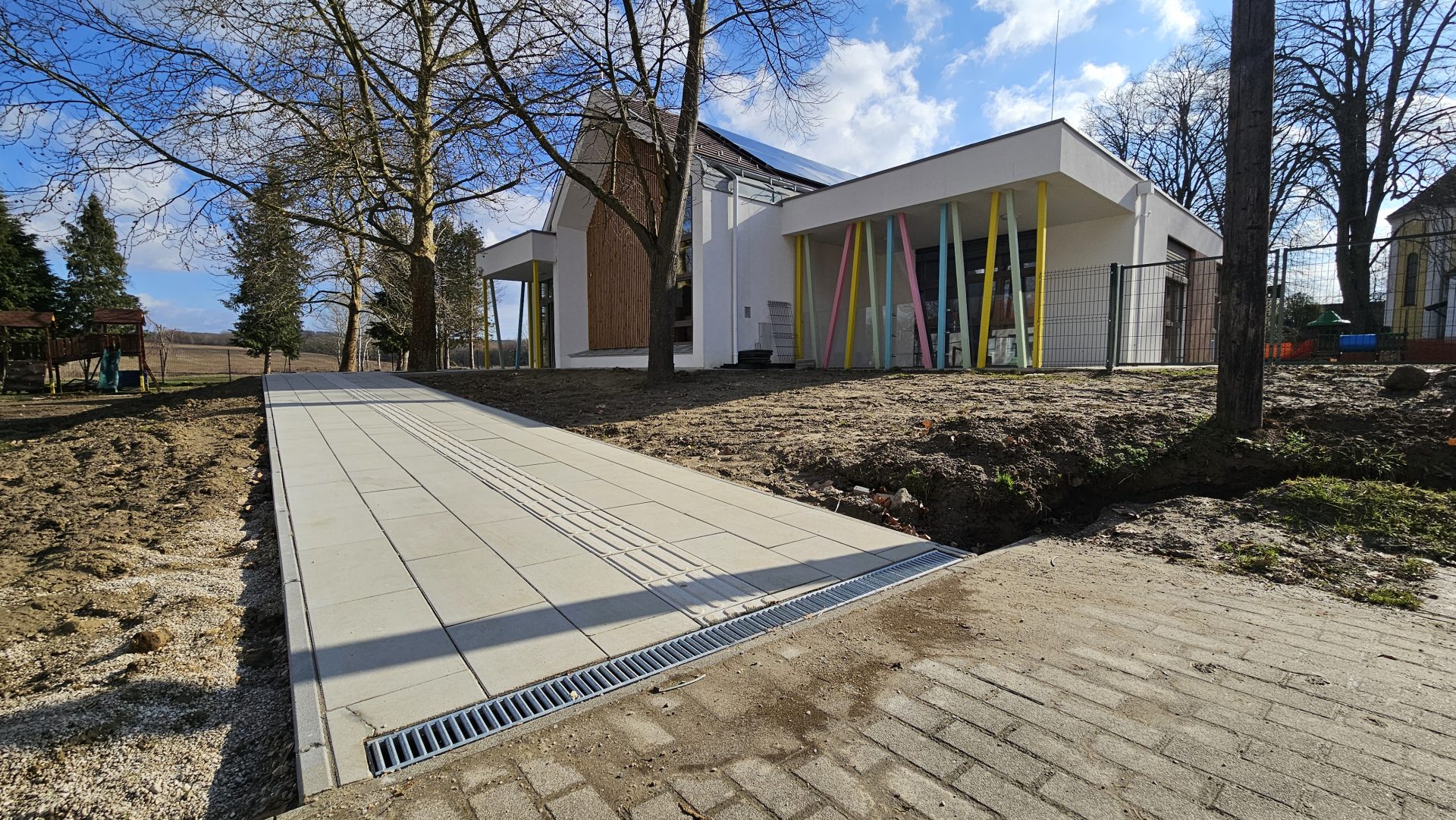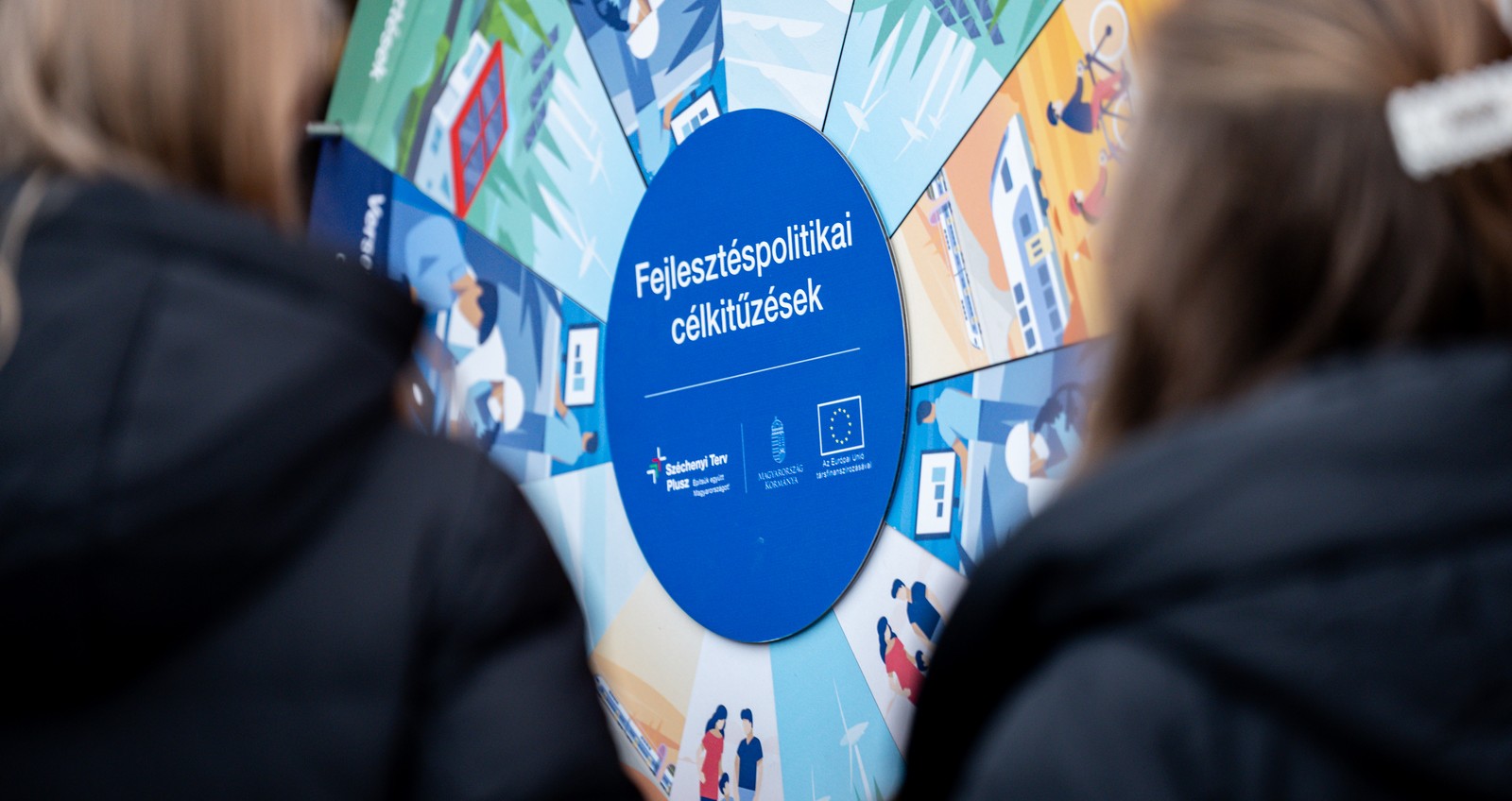The economy of the future will be built by today’s students. This was the motto of an EU-funded project carried out by four schools of the Evangelical Lutheran Church in Hungary. The goal was to help young people start thinking early—already in primary and secondary school—about their skills, career choices, and the exciting world of science, technology, engineering, and mathematics (STEM).
STEM skills are especially important because without them, economic growth can slow down in the long run. Developing these skills helps students adapt to the fast-changing world of technology and work, and prepares them to take part in a modern, knowledge-based economy. Career guidance in schools also needs to be more effective—especially in the fields that are most in demand on the job market. That’s why this project focused on motivating students, improving their problem-solving and logical thinking, and creating a learning environment where STEM careers seem exciting and achievable.
Four schools took part in the project: Berzsenyi Dániel Evangelical Secondary School and Dormitory in Sopron; Petőfi Sándor Evangelical Primary and Secondary School in Bonyhád; Kossuth Lajos Evangelical Kindergarten, Primary and Secondary School and Teacher Training Vocational School in Miskolc, and Kossuth Lajos Evangelical Secondary School in Nyíregyháza.
The main focus was to inspire students through real, hands-on experiences. Instead of traditional classroom teaching, modern, interactive, and media-based methods were used—matching how children today learn and explore in the digital world.
One example was the “Knowledge Upload” competition, where students made short videos about scientific topics—like physical phenomena, biological processes, or engineering ideas. The winners were chosen based on both a professional jury and peer votes. Another fun activity, the “Element Stars” digital game, helped students learn about the periodic table through animations and playful challenges. Alongside these, science clubs, factory visits, and summer camps offered even more exciting learning opportunities.
Teachers also took part in the project. They joined training sessions on STEM and career guidance to better support their students with up-to-date tools and methods. The schools also bought laptops and tablets and introduced digital teaching materials to make STEM subjects more engaging.
Altogether, 1,905 students were involved in the program. Many of them discovered for the first time that science and IT are not necessarily difficult—they can be fun and full of discovery. They learned that success in these fields doesn’t require being a genius, but rather curiosity, persistence, and logical thinking. Through the project, students developed greater self-awareness and became more confident about their future choices.
A key aim was to reach students early. Often, young people only start thinking seriously about their careers at the end of high school. With the right support, though, they can already begin exploring their interests and abilities much earlier. The goal was not to make everyone a scientist or engineer, but to help each student make thoughtful, informed choices about their own future. After all, a generation that thinks consciously and responsibly is the real foundation for a successful future.
The development was implemented from EU funding in the project EFOP-3.2.5-17-2017-00053 under the Human Resource Development Operational Programme.
Find out more about the project in the Project Finder: Details
